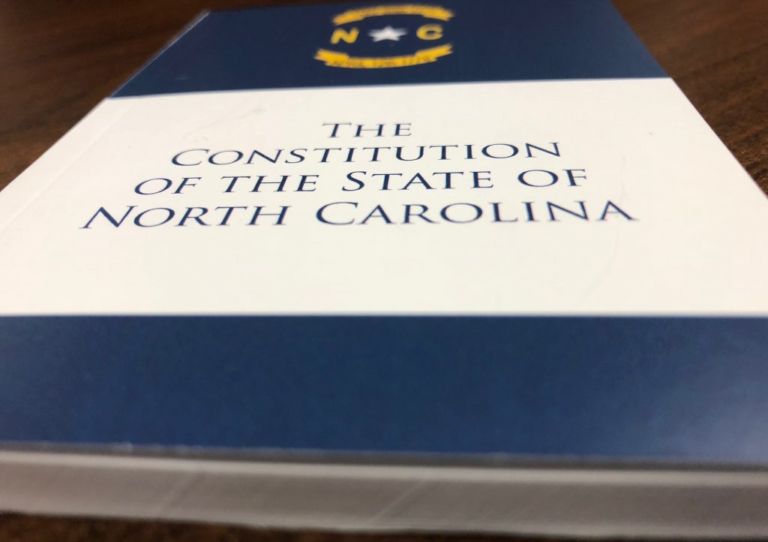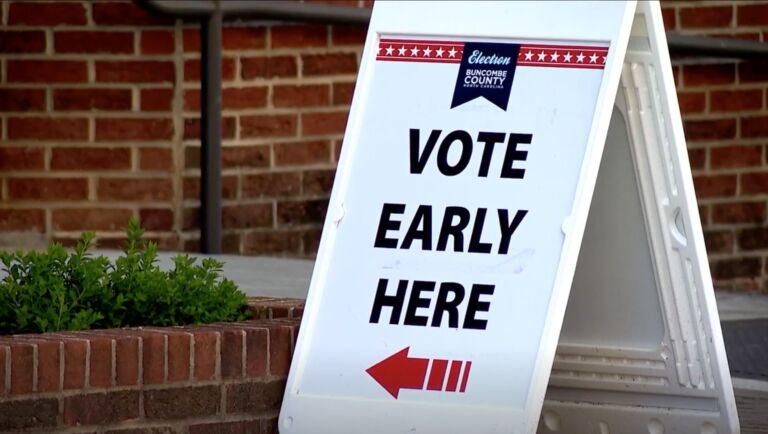Opening testimony for Common Cause v. Lewis began this week, according to an article by Kari Travis in Carolina Journal. Travis describes Common Cause v. Lewis as a:
partisan redistricting lawsuit launched last year by Common Cause NC, the N.C. Democratic Party, and a handful of individual plaintiffs. Republicans violated the state constitution by carving out voting districts to their advantage, disenfranchising voters, plaintiffs say. GOP lawmakers deny any legal wrongdoing.
This week’s testimony follows the case recently heard by the U.S. Supreme Court, Common Cause v. Rucho, in which the court held it was not their place to rule on election maps. Chief Justice Roberts, writing for the majority, held:
“We conclude that partisan gerrymandering claims present political questions beyond the reach of the federal courts.”
“Federal judges have no license to reallocate political power between the two major political parties, with no plausible grant of authority in the Constitution, and no legal standards to limit and direct their decisions.”
Travis explains the plaintiffs’ position:
North Carolina needs redistricting reform, said Bob Phillips, executive director of Common Cause NC, during his July 15 testimony. Since legislators on both sides so far have refused to stop misusing power, the organization had no choice but to sue, he said.
However, the defendants feel differently. Travis reports:
But redistricting is a legislative issue, and therefore should be dealt with by lawmakers, not courts, said Phillip Strach, an attorney for the defense. An organization can’t sue the General Assembly simply because legislators refuse to pass a law the group wants, he said.
The Superior Court is now faced with deciding (1) whether or not it is their place to intervene in redistricting, and (2) if so, whether or not this map is a violates the state constitution. According to Travis:
Testimony and evidence in the trial may consume two weeks. A three-judge panel — Superior Court Judges Paul Ridgeway, Joseph Crosswhite, and Alma Hinton — is overseeing the trial.
Read the full story here. Keep up with the latest on Common Cause v. Lewis here.


